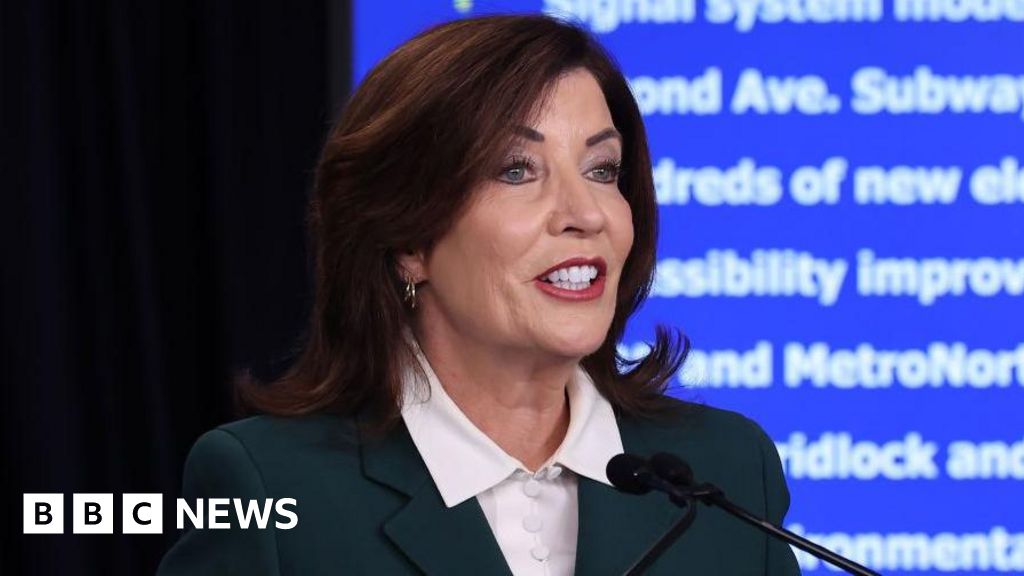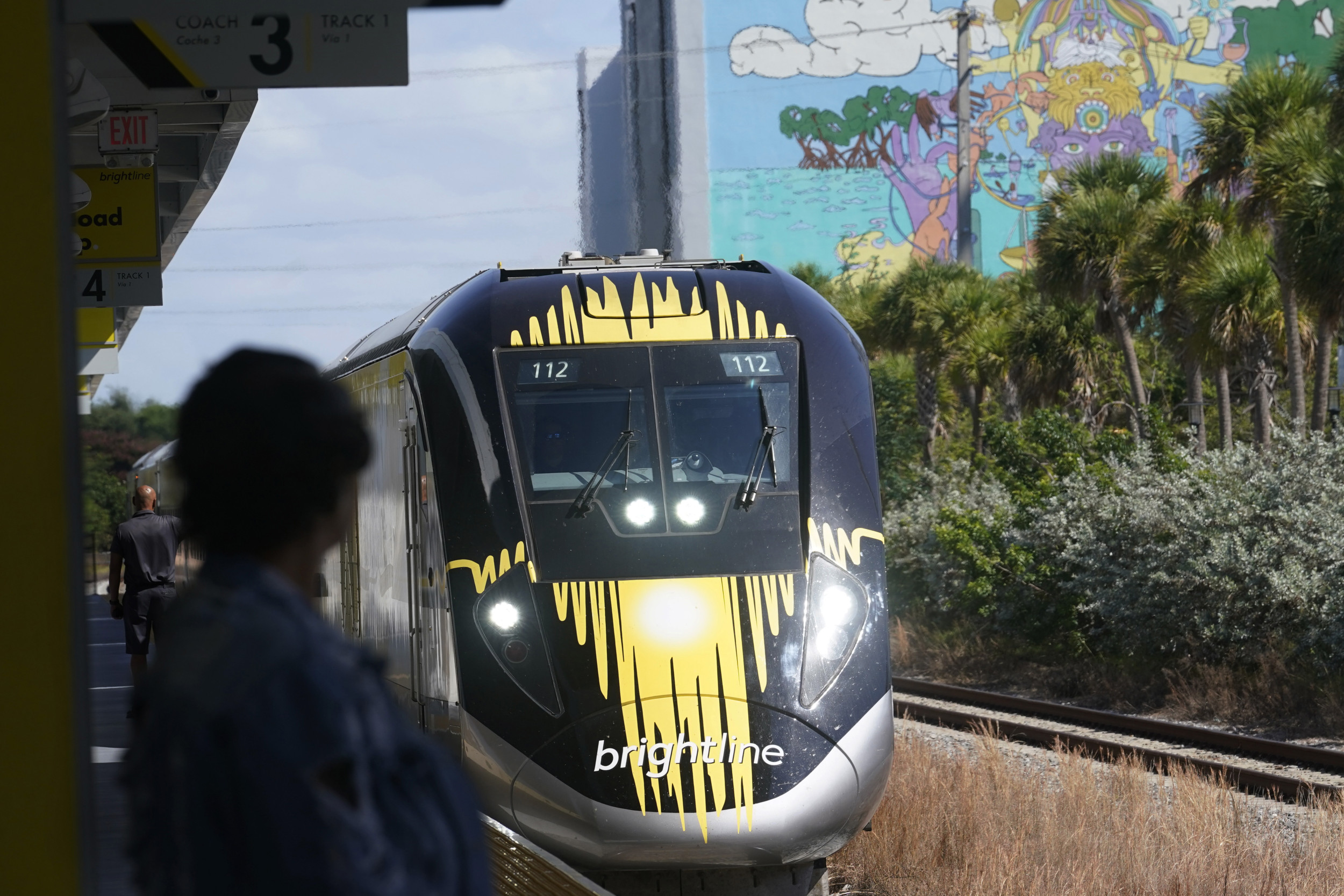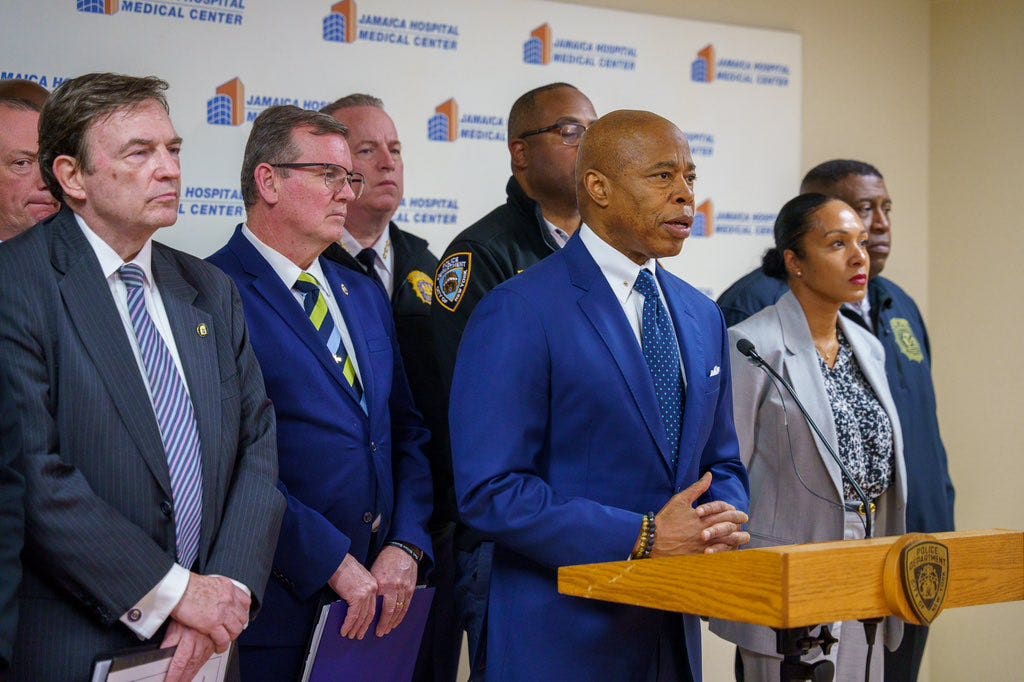Summary:
New York City will become the first US city with a congestion charge, starting January 5th.
Cars will pay a $9 toll to enter Manhattan below 60th Street.
The charge aims to reduce traffic and pollution, while funding public transit improvements.
Incoming President Donald Trump opposes the congestion charge.
Public transit advocacy groups support the plan and its potential positive impacts.
NYC to Implement First-Ever US Congestion Charge
New York City is set to become the first city in the US to implement a congestion charge, starting January 5th. Governor Kathy Hochul announced the revived program, aiming to alleviate traffic, reduce pollution, and fund public transit improvements. The initial plan was paused in June due to backlash from commuters and businesses, but has now been reinstated with revised pricing.
Pricing Details:
The congestion charge will apply to vehicles entering Manhattan below 60th Street. Here's the breakdown:
- Cars: $9 (reduced from $15)
- Small Trucks/Non-Commuter Buses: $14.40
- Large Trucks/Tourist Buses: $21.60
The funds generated will go towards the Metropolitan Transportation Authority (MTA) to improve the city's subway and bus systems.
Political Opposition:
The plan faces strong opposition from incoming President Donald Trump, who expressed his disapproval in an interview with the New York Post. Local Republicans are also urging Trump to intervene, calling the charge a "cash grab". However, Governor Hochul remains resolute, stating that the plan will proceed regardless of who is in Washington.
Public Transit Advocates Support Plan:
Groups like the Riders Alliance, a public transit advocacy group, have voiced strong support for the congestion pricing initiative and celebrated its revival, emphasizing its necessity for funding crucial transit projects.
<br>This controversial move comes just a week after the US general election, adding another layer of complexity to the already heated debate surrounding this new initiative. The implementation of the congestion charge will undoubtedly be a key development in managing NYC's traffic and improving public transportation in the coming years.









Comments
Join Our Community
Create an account to share your thoughts, engage with others, and be part of our growing community.